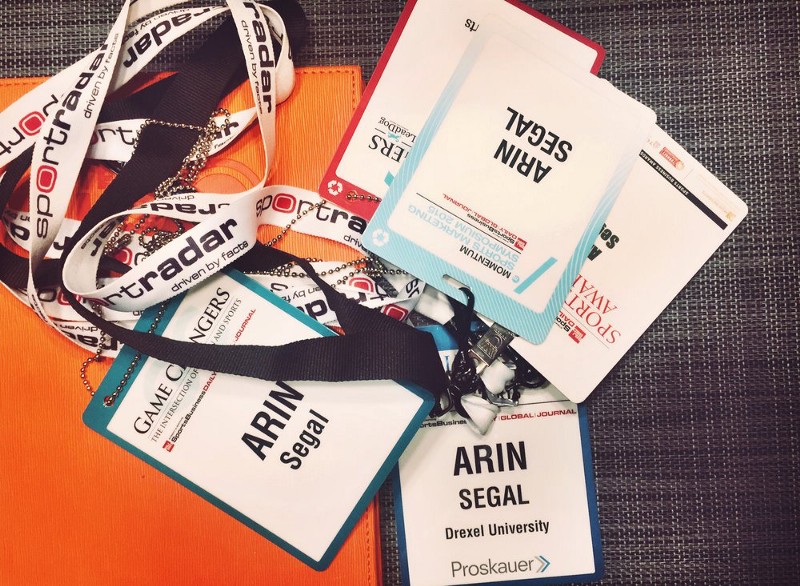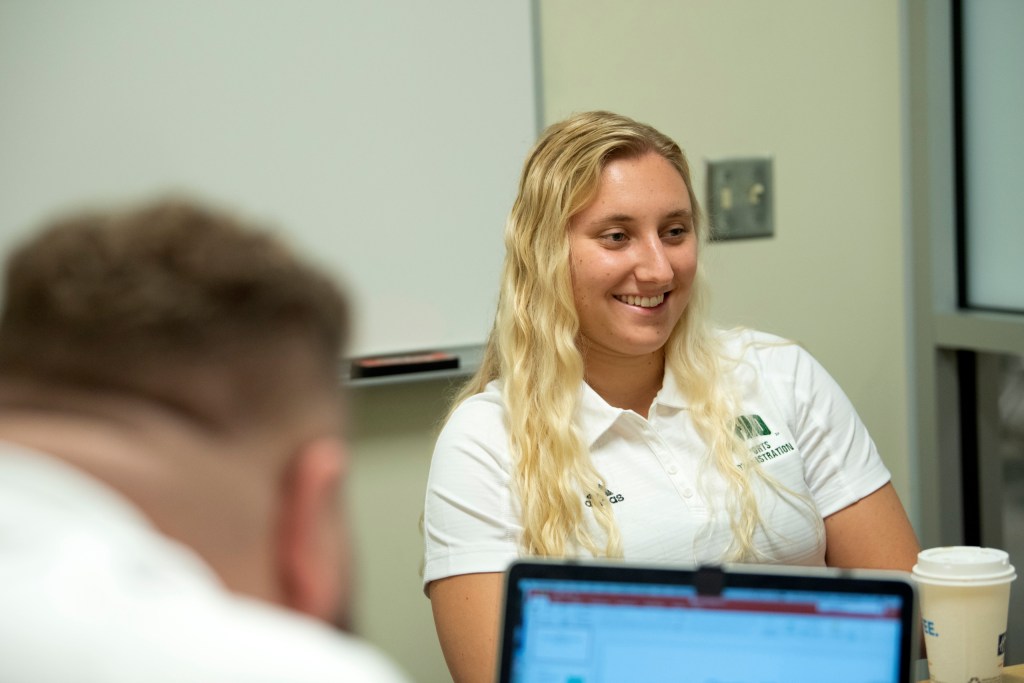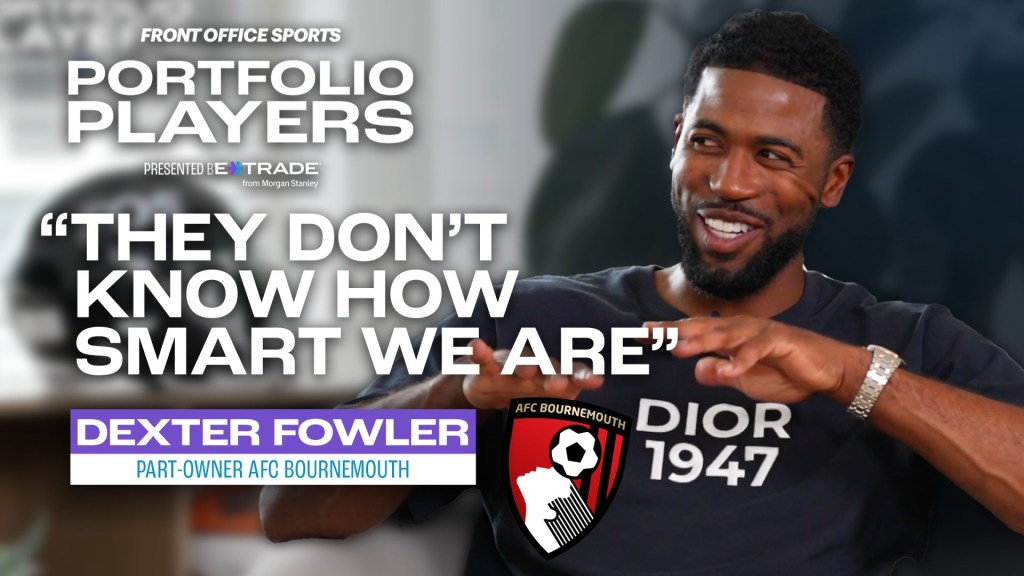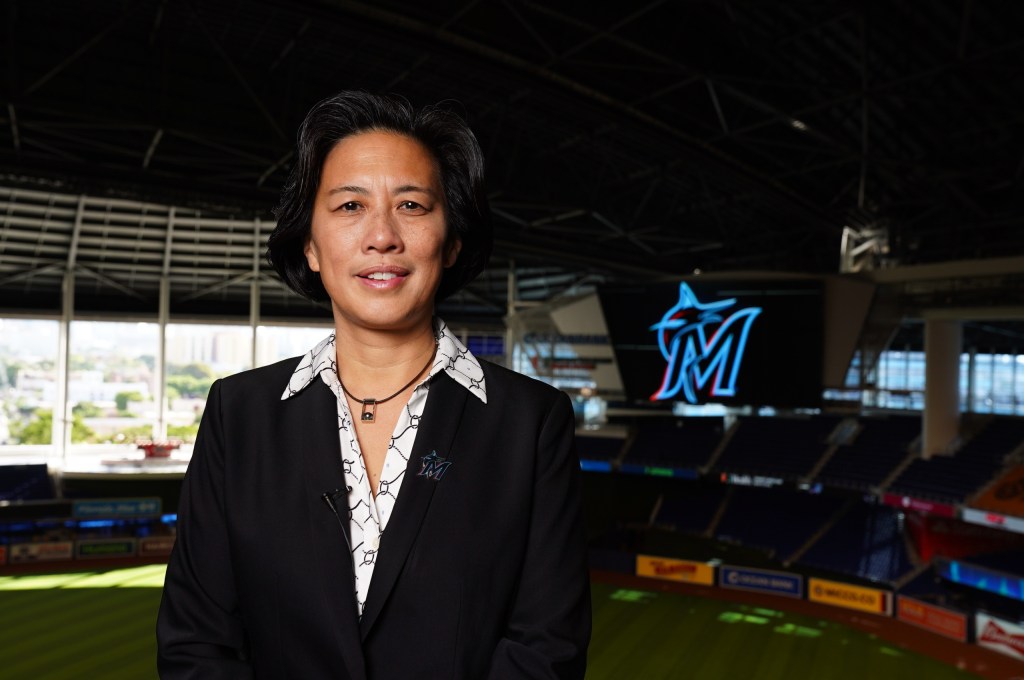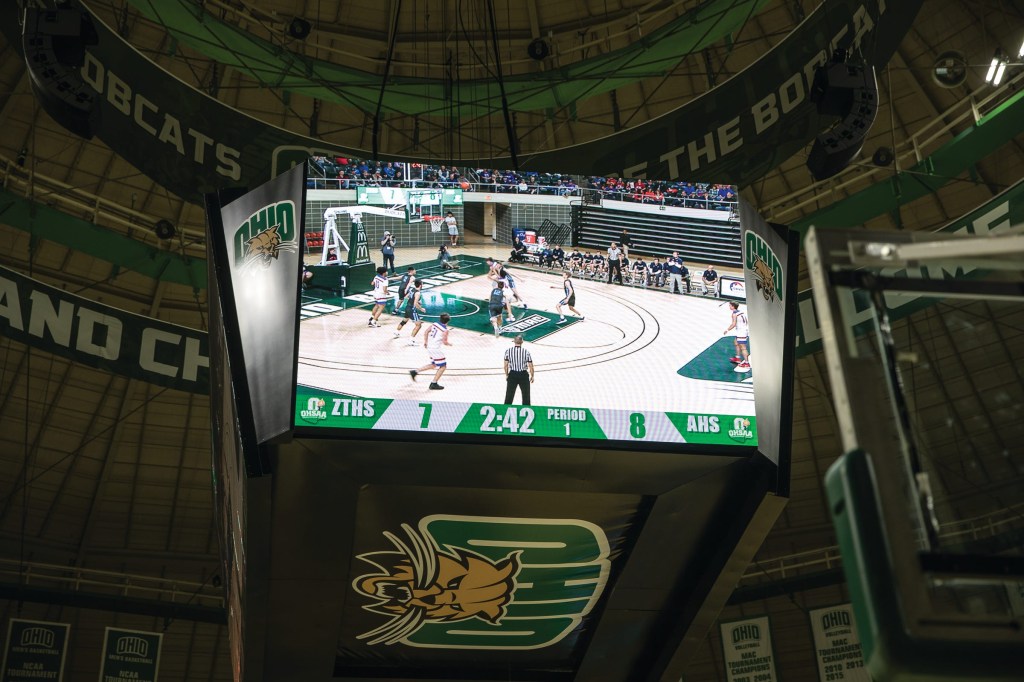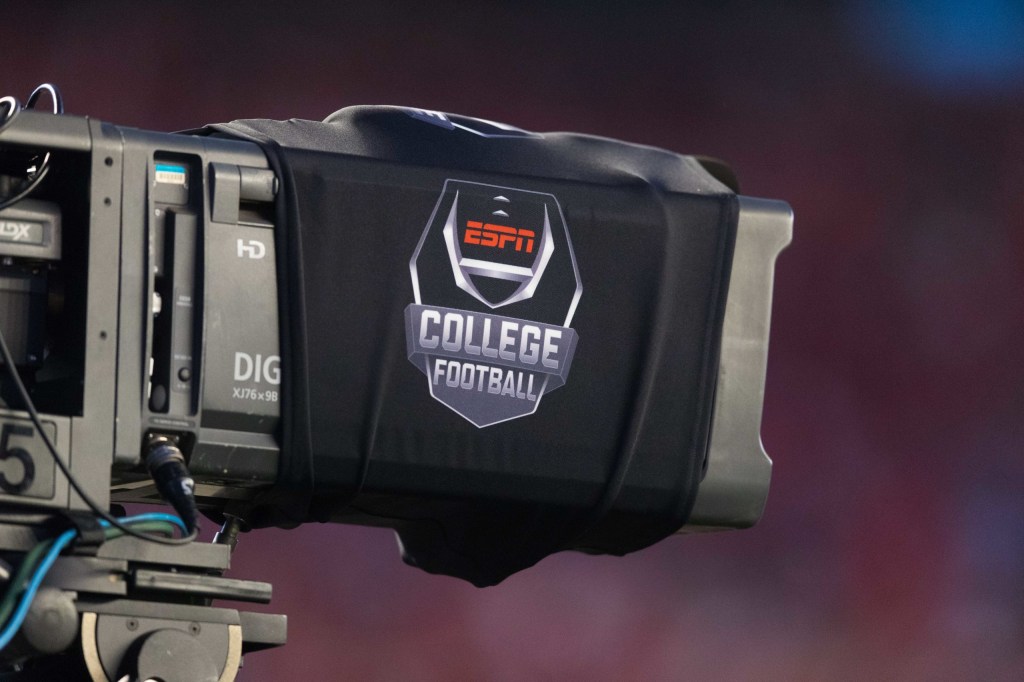
By: Arin Segal, @arinsegal
Conferences can be a big scary event with hundreds of accomplished professionals swimming around a sea of tables and chairs. They can also be an event filled with learning, thought provoking discussion and career impacting connections. In the last year and a half, I placed an importance on making my way to a few key conferences and events near me as a tool, to not only network, but to understand the state of the industry I wanted to be involved in.
Because I haven’t been to every conference, I won’t put a blanket statement out there. However, in my personal experience, conference directors are willing to have students act as volunteers in exchange for access to the conference itself. The key is to reach out to someone from the logistics team about 3 months prior to the event, see if it is a possibility and go from there. Most will have had student volunteers in the past, but if they haven’t my standard line was that I would help in advance of the conference with any setup needs (a full day or two if necessary) and be available in shifts on the day of the conference. Looking at the agenda in advance, I would rank sessions I wanted to sit in on the most and work with the conference director to sit in on those sessions (even if it meant guarding the door so people would enter and exit quietly).
My other rule of thumb was to be polite, but proactive, during networking breaks and introduce myself to a few people. I was always cautious to interrupt business conversations because, as a student, I was usually only seeking advice or a quick face to face chat that could be followed up on later.
The root of success as a student at a conference is to emulate a seasoned professional when you walk around. Don’t be the 20-year-old college student taking advantage of free alcohol or trying to be a large personality. Stay humble, hungry and LISTEN. Some of the best advice I ever heard was to simply listen to the people around me and the people kind enough to talk to me. That is where you can grasp nuggets of wisdom that carry you through mundane coursework and challenging job interviews.
The other great opportunity at a conference is to begin learning who decision makers are and what other companies exist. Fun fact: for every company you have heard of, there is probably one you haven’t heard of. Use the ability to read through lists of names and companies as a research tool. I did, and it helped me to understand the business landscape better than any textbook could explain it.
If you don’t know what to ask people about, start by understanding their job function and their company’s function. People like sharing with college students, and the more eager you are to learn, the better.
Lastly, always have a pen, notebook/phone and business cards. My special trick is to write a note down on the back of a business card or on my phone about my conversation with that particular person. Conferences can be overwhelming and as much as you think you will remember every detail of every conversation, you won’t. Making these notes makes sending a follow up email much easier. Just like you hopefully do in a job interview, sending a follow up email should be second nature. Be it on the train or plane home from an event, I’m always crafting a note to each and every person I spoke to. It helps me to remember conversations and connections and builds that initial email chain.
One bonus piece of advice? Dress like you are going in for a job interview. First impressions are everything, and that impression is made way before you speak a word.
If you have any specific questions regarding conferences I suggest or additional advice, comment, tweet or email me!
